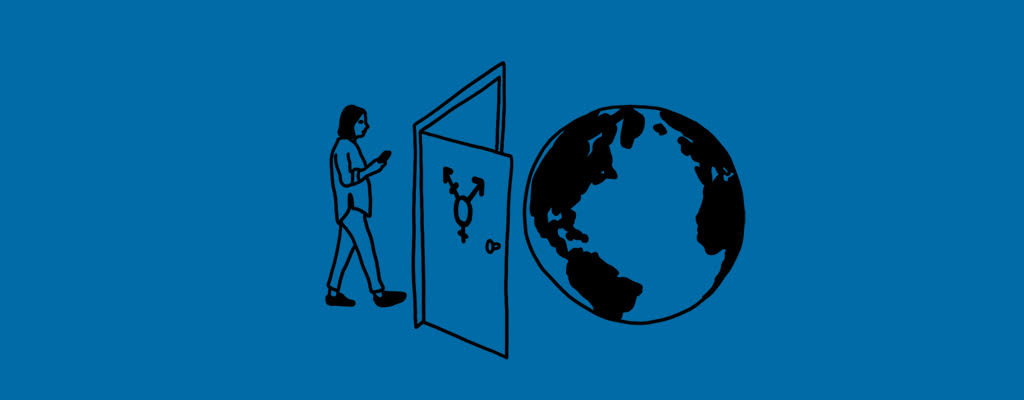We already know that algorithms are becoming increasingly ingrained in our lives, but are we ready to leave them unsupervised? Can public administrations rely on algorithms to make substantial changes in our society?
Algorithms often demonstrate bias, which can lead to discrimination. We ask some of the world’s experts how algorithms can become a tool to reduce social divides, rather than exacerbate them.
“Seatbelts, headrests and airbags in cars have been designed mainly based on data collected from car crash dummy tests using the physique of men”
Cristina Pombo is the advisor of the Social Sector at the Interamerican Development Bank (IDB). She is an expert on operational issues and special strategies in education, health, social protection, labour markets, gender, diversity, and migration. She spearheads the Social Digital and Data cluster which includes initiatives that leverage digital technologies to improve social services such as fAIr LAC, the first public-private alliance for a responsible use of artificial intelligence in the LATAM and the Caribbean.

“With the introduction of automated decision-making systems, people who are on the front line in social services and who know the user’s lives, can be left quite disempowered.”
Itziar Pobes is Service Designer and Project Brain at We Question Our Project, a service design studio based in Barcelona. She talks about the possibility of algorithm design becoming inclusive.
“Algorithms do not make moral judgements […]. Humans decide how much to prioritize false-positives over false-negatives.”
Ansgar Koene holds an MSc in Electrical Engineering and a PhD in Computational Neuroscience. He is currently Global AI Ethics and Regulatory leader at EY and Senior Research Fellow at the Horizon Institute for Digital Economy Research (University of Nottingham) where he is co-Investigator on the UnBias project, on awareness raising and regulation to minimise algorithmic bias, and lead the Policy Impact activities for the Horizon institute.

“If we let men build systems that women use it is likely that the outcome is not optimal in terms of achieving gender equality”.
Christiaan van Veen is the director of the Digital Welfare State and Human Rights Project at NYU Law. The Project was established in 2019 to advance the understanding of the advent of the digital welfare state and its implications for human rights. He also serves as Special Advisor on new technologies and human rights to the United Nations Special Rapporteur on extreme poverty and human rights.
“[…] a handful of companies and countries moderate and regulate speech for most of the world.”
Danny O’Brien is director of strategy at the Electronic Frontier Foundation, one of the longest serving and leading nonprofit organizations defending civil liberties in the digital world.

